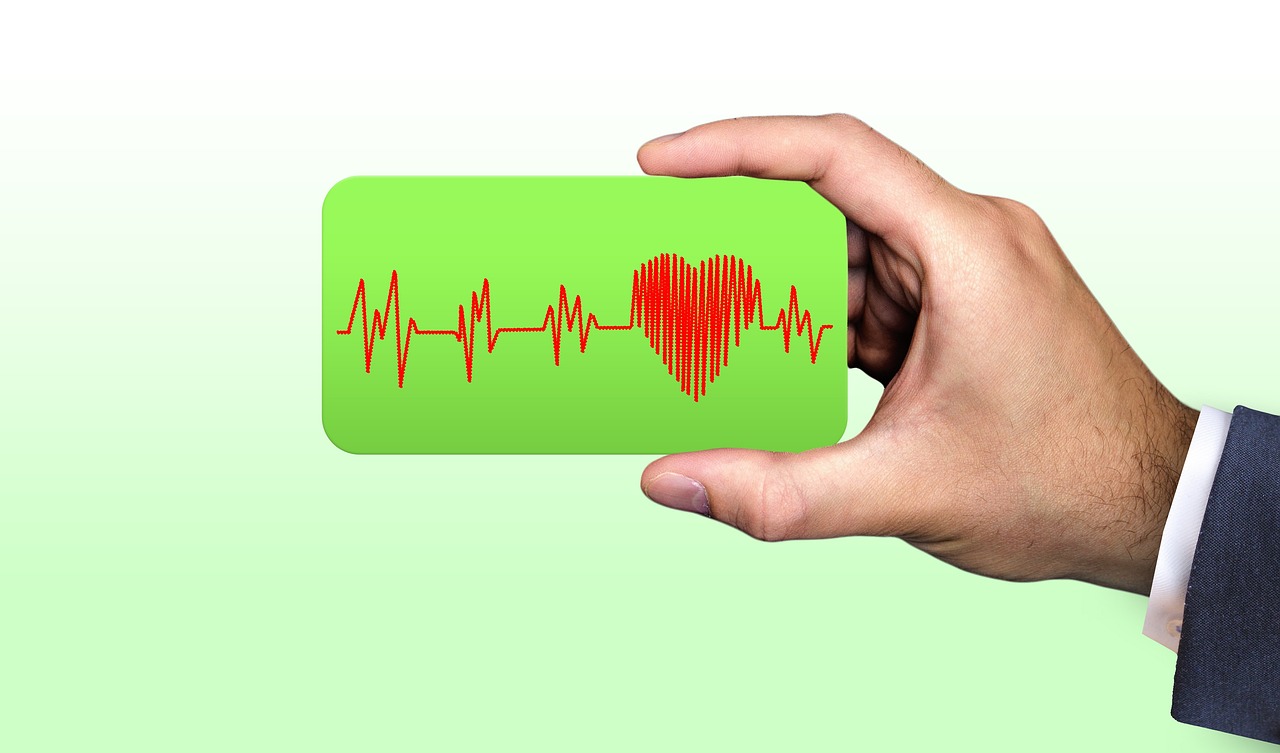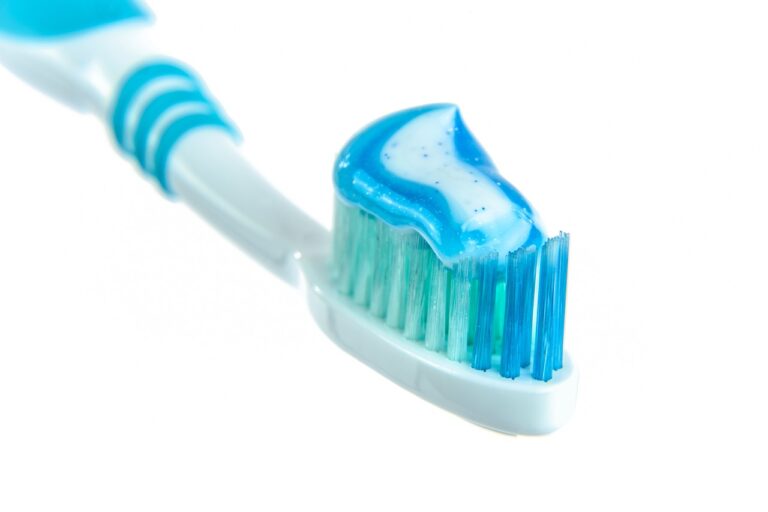Tips for Preventing Falls in Older Adults
11xplay registration, laser 247com, tiger exchange 247 vip login: As we age, our risk of falls and injury increases. Falls are a leading cause of injury among older adults, often resulting in fractures, head injuries, and other serious consequences. However, the good news is that many falls can be prevented with simple steps and precautions. In this article, we’ll explore some tips for preventing falls in older adults.
Stay Active
One of the best ways to prevent falls is to stay active. Regular exercise can help improve balance, strength, and flexibility, reducing the risk of falls. Aim for at least 30 minutes of physical activity, such as walking, swimming, or yoga, on most days of the week.
Keep Your Home Safe
Making simple changes to your home environment can help prevent falls. Remove tripping hazards such as loose rugs, clutter, and electrical cords. Install grab bars in the bathroom and handrails on stairs. Make sure your home is well-lit, especially in hallways, staircases, and entrances.
Wear Proper Footwear
Wearing proper footwear is essential for preventing falls. Choose shoes with nonslip soles and good support. Avoid high heels, loose slippers, and shoes with slick soles. Make sure your shoes fit well and are in good condition.
Get Your Eyes Checked Regularly
Poor vision can increase the risk of falls. Make sure to have your eyes checked regularly by an eye doctor. Update your glasses or contact lens prescription if needed. Poor lighting can also contribute to falls, so make sure your home is well-lit and that you use night lights in the bedroom and bathroom.
Medication Management
Some medications can cause dizziness, drowsiness, or other side effects that increase the risk of falls. Make sure to review your medications with your healthcare provider regularly. Follow the prescribed dosage and schedule. Be aware of any potential side effects and report them to your healthcare provider.
Stay Hydrated and Eat a Healthy Diet
Dehydration can cause weakness, dizziness, and other symptoms that increase the risk of falls. Make sure to drink plenty of water throughout the day. Eat a healthy, balanced diet rich in fruits, vegetables, whole grains, and lean proteins. Avoid excessive alcohol consumption, as it can impair balance and coordination.
FAQs
Q: How common are falls among older adults?
A: Falls are a common problem among older adults, with one out of four adults over the age of 65 experiencing a fall each year.
Q: What are the most common injuries resulting from falls?
A: The most common injuries resulting from falls in older adults are fractures, especially of the hip, forearm, spine, and ankle. Head injuries are also common and can be serious.
Q: Are there specific exercises that can help prevent falls?
A: Yes, exercises that focus on balance, strength, and flexibility can help prevent falls. Some examples include Tai Chi, yoga, and simple balance exercises like standing on one leg or walking heel to toe.
Q: Can falls be prevented entirely?
A: While it may not be possible to prevent falls entirely, taking steps to reduce risk factors can significantly decrease the likelihood of falls. By staying active, keeping your home safe, wearing proper footwear, getting regular eye check-ups, managing medications, and maintaining a healthy diet, you can help prevent falls and stay safe as you age.
In conclusion, falls are a serious risk for older adults, but with some simple precautions and lifestyle changes, they can be prevented. By staying active, keeping your home safe, wearing proper footwear, getting regular eye check-ups, managing medications, and maintaining a healthy diet, you can reduce your risk of falls and enjoy a safer, healthier life. Remember, it’s never too late to start taking steps to prevent falls and improve your overall well-being.







